
Continuing our monthly series, 15 property professionals share their advice for those thinking about buying a home overseas.
Are you looking for a new challenge, a better quality of life, or simply want to escape the rat race? Buying a home overseas may be the answer. But there are so many factors to consider from fees to financing. We asked property pros around the globe for their words of wisdom, tips and tricks to make the move easier.
And some of their ideas may surprise you: “look for a home that has been on the market for a long time,” or “find a property that has already been renovated”. It goes against most people’s perceptions of snapping up a new home. For many of us, house-hunting is a sprint. Find the perfect property, make an offer and chase the solicitor for a speedy sale to get you across the line.
Yet it often makes sense to press the pause button. Do your homework, track down the right property, then clinch the right deal at the right price. It’s all part of improving your chances of finding an ideal home abroad.

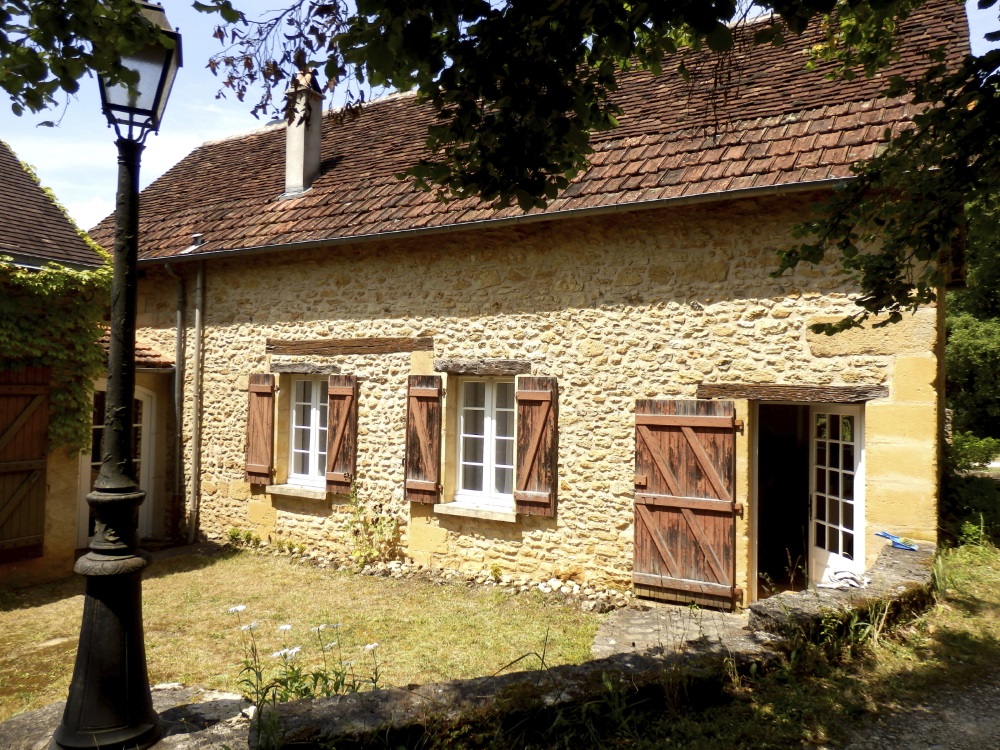
1. Keep your options open
“To make the best deals in France, aim for rural properties in South West and West France, one hour from a city or the sea.
Search for properties that have been for sale the longest. Why? It doesn't mean they are not interesting, but that they were possibly overpriced in the first place.
However, strict building regulations mean that the island’s real estate market retains a healthy balance and this is why we are seeing initial price increases of 5-10 per cent and more for top locations.”
Look for properties which have a sole mandate with the agency. The agent will have a good relationship with the seller and will save you time and money in the negotiation.
In the current market search for properties which have already been renovated? They are usually better deals than renovation projects as they do not always reflect the cost of the renovation.
Avoid properties with a nuisance by a road, close to an electricity pylon or wind farm, next to a farm in activity…. If so, negotiate the price.
Check how many sellers are involved, what is their relation and how do they get on.
Find out how far the property is from the motorway, train or plane connections. This impacts the price.
Check the neighbourhood to get a feel for the place.
Ask the sellers if they will leave the furniture. Note: you will not pay notaire fees on the furniture items.
Try to gather information on the area.
Optimise your time with the agent, but don't overload your agenda with viewings.
Try to be specific in your search criteria, to give credit to your intention of purchase.
Come with an agreement in principle from your bank or a mortgage broker for your financing. You will be in a better position to negotiate a deal, if funds are in place.
Think well before you make an offer, as it will be difficult to come back on it to reduce the amount. Ask the advice of the agent. Usually an offer less than 10% of the asking price is taken into consideration.
Ask the agent to prepare an offer in writing for you, to be signed and counter signed by the seller(s).
Reassure the agent and the seller, of your capacity to move quickly on the signing of the contract and the payment of the deposit. If it's a good deal, it will sell fast and interest other potential buyers.”

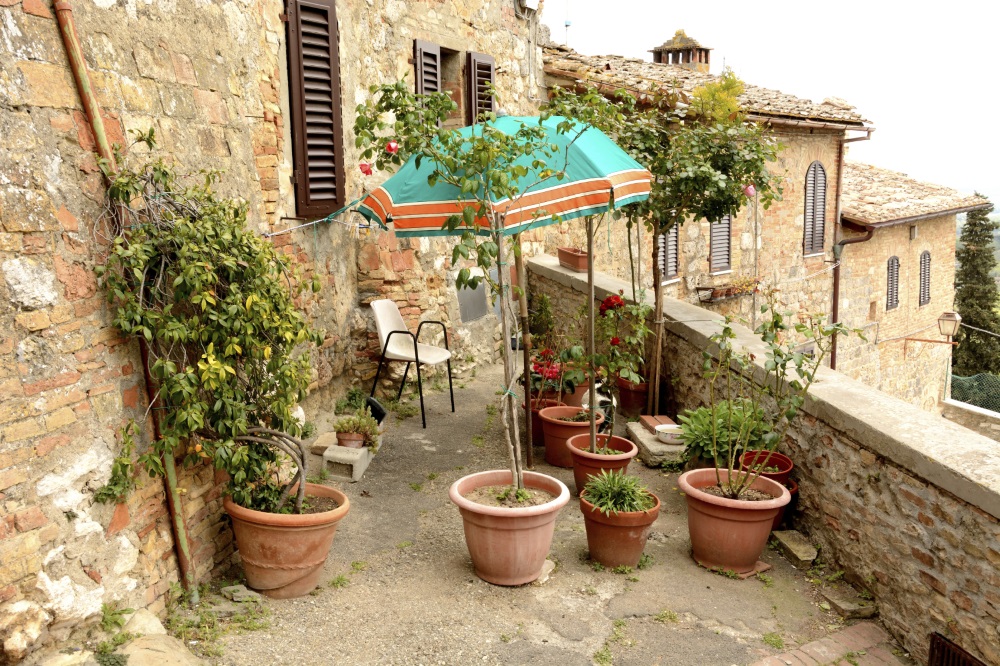
2. Key to success
“The key tip is to plan ahead. Determine your budget and only look at homes you can afford. How much can you spend on your home overseas? Bear in mind that besides the property price, you will encounter extra costs, such as property taxes and possible renovation work.
Make a list of the fundamental features you are looking for. What is essential for you?
Choose your preferred area and keep an eye on market trends to make an informed decision and avoiding any pitfalls. Where would you like to live?
If you are thinking of buying a property in Italy, Tuscany, remember it is not the only place to consider. It is the most popular region among overseas investor, but there are other stunning areas to discover around the 'boot-shaped country' that offer housing solutions for every budget.”

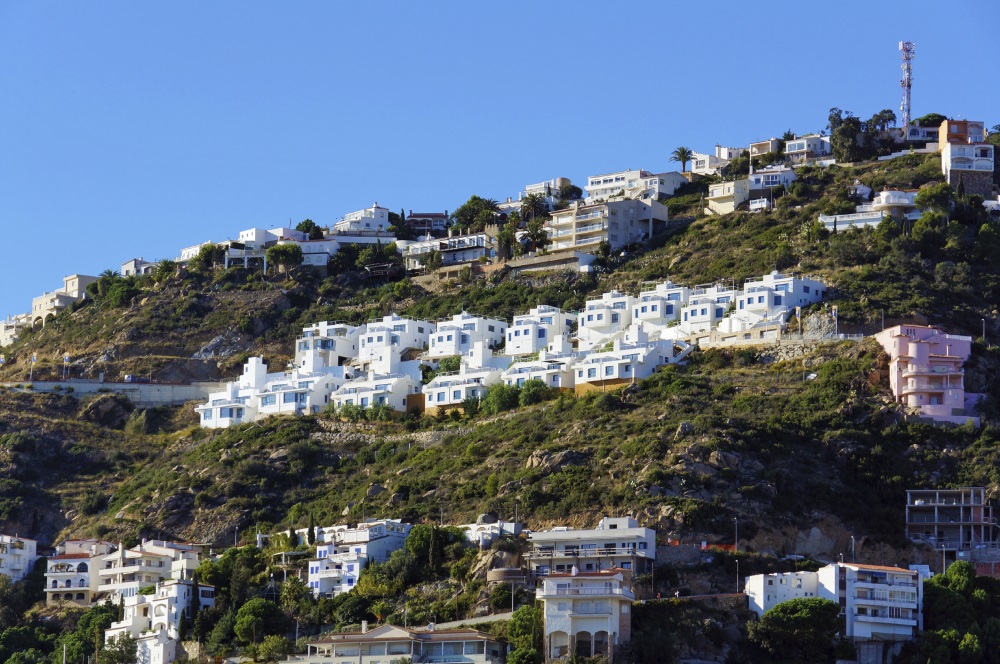
3. New opportunities
"Spain offers great value holiday homes in 2016 as some Spanish banks unload distressed developments with thousands of unwanted villas and apartments. Focus on new, key ready properties in prime Costa resorts and consider mortgages with interest rates below 2%. Remember to take independent advice."


4. Study the market
“Choose who you work with carefully. When buying a property anywhere in the world, you should take your time selecting which brokers to work with. Buying a new holiday home or an investment property should be an exciting and enjoyable experience. Make sure you feel comfortable and watch out for pushy agents. Trust your instincts.
Get a good lawyer. If you select a good lawyer early on, it will save you a lot of trouble down the road. Keep an eye out for lawyers who point you in the direction of particular agents, sometimes they may genuinely be trying to help, but often they receive commission from the agents.
Why choose Lisbon. Invest in a property which takes care of itself financially, so you don't have to. Renting to other holiday-makers is more fun than digging into your own pocket for mortgage payments. Choose a location which is popular year-round, has demand and growth potential. Lisbon ticks all of those boxes."


5. Money matters
“Do your research on the country and area that you are interested in buying in. If you need finance to buy the property research your options before you start looking at potential purchases. It is vital to take proper, independent legal advice as you may not have the knowledge you need or experience to buy overseas.
In many countries the only opportunity to secure a mortgage is at the time of purchase and not a few years down the line. This means you can’t pay with cash with a view to take out a mortgage some years later and releasing equity. In times of currency volatility, matching the property to the debt is often the best move for long-term investors.
Where mortgage finance is required research is vital, because the availability and attractiveness, depends to a large extent on the location of the property you are buying. Where property is of a very low value or is discounted, it may be difficult to find a lender at all. There are no buy-to-let mortgages overseas, so borrowers need to meet the lender’s full affordability criteria with rental income not taken into account. These criteria vary from country to country, even within Euroland and there are many idiosyncratic rules that may surprise a potential borrower. Tried and tested markets such as France, Spain and Portugal have a good number of established lenders. Mortgages may offer good rates with a relatively high loan-to-value. Switzerland is also offering some of the best fixed rates even to non-resident buyers.”


6. Buy smart
"Every first-time buyer needs a solid local property agent because they know the area, market prices, local laws and hidden pitfalls. Saving money is the main reason for avoiding agencies, but running the gauntlet with your finances is the single biggest risk you can take with overseas property."


7. Do your homework
“Don’t just jump when looking at properties on the internet. Start with an analysis of what you are trying to achieve and take it from there. The property that you buy as a retirement property will be completely different from a property that you buy for your own holiday home. This will be completely different from a property that you buy to rent out.
Think about what you are trying to achieve, then consider how to get that. Be honest with yourself and also with any co-buyers. We have seen circumstances where people buying together have very different views about the purpose behind purchase. Think about transport links (distance to local airport, transport within the areas, distance to local amenities etc.). Think about the type of property that you need. If you are retiring, then you won’t want too many stairs and will want to be walking distance to the shops. But if you are renting out a property, you will want to be close to the type of facilities that people going on holiday in that area want.
After you have identified what you are trying to achieve and what you want - fix your budget. How much can you afford to spend in total (i.e. including fees and taxes)? Consider whether you are going to need a mortgage to buy, and if so, are you going to mortgage your home to release equity or mortgage the property that you are buying.
Once you have identified what you are buying for the budget, then start to home in on the property. Start by looking at which country can offer what you want, and gradually work down to the region and then the area. Before you start to look for properties too seriously in the area, speak to an independent lawyer about how the process works for buying in that country. Discuss the total costs of buying. Take advice about the tax system, the inheritance system and any other things that may affect what you are trying to do.
Then review your budget and factor in the cost of buying in that area, including legal fees, land registry fees, search fees and taxes. The cost of buying can be surprisingly high in some countries, so it makes sense to look at the total cost of buying before getting carried away with house hunting.
If the area that you identify still matches with what you are trying to achieve, the legal side sounds like it works for you and the area fits in with your budget, then start to look for properties.
Don’t believe everything you are told when looking at overseas properties for the first time. It is very easy to get swept away by the excitement and glamour of it all. Some people are happy to help you sweep along with that feeling. Remember that this is a purchase of a property, just like you have back home and you are spending a lot of money on your purchase.
Ask questions and if you are told something don’t be afraid to question it. If something sounds too good to be true or doesn’t sound right; get a second opinion.
If you are relying on rental income to make your budget work out don’t accept the figures that are given to you by the seller – have a look at what other properties in the area are renting for and cross reference this with the average rental weeks over the year in that area to try and build up a true picture of the rental potential of the property. The seller will always tell you that they rent out more than they actually do (and probably tell the tax man that they rent out less than they actually do!)
It makes sense to instruct an independent lawyer to help you through the buying process before you go and look for properties. This has several advantages. First of all it means that you can speak to them about how the process works in that country and therefore when something happens on your inspection trip, you won’t be surprised. Similarly you will know if something you are being told by the seller or their agent is not correct.
Secondly, if you are pressured into paying a deposit or signing a contract whilst you are in the country you already have a lawyer instructed and can therefore get the contract sent to them to have a look at and advise you before you commit yourself.”


8. Join the jet set
“For first-time buyers abroad wanting to offset costs of a holiday home through rental, affordable flights bode well to drive repeated visitors. So, the new Ryanair ‘affordable’ service from Stansted to Toulouse starting in November 2016 is really good news for those considering south west France. La Durantie is only a 50-minute drive from Toulouse airport and I suggest buyers only search within a one hour drive, so getting to their holiday home does not become a chore!”


9. Added value
“First-time buyers will need a good agent during their overseas search. This will give them a wider range of properties to look for and will make for an easier process when it comes to organising viewings and meetings with brokers and solicitors. It’s also important to be aware of foreign tax laws and regulations that may differ to the UK market. Agents can help with this process from start to finish, not only by helping people find the perfect property to suit their requirements but also helping with things like solicitors, currency exchange, furnishings and even registering for an NIE number from the local authority and setting up a Spanish bank account.”

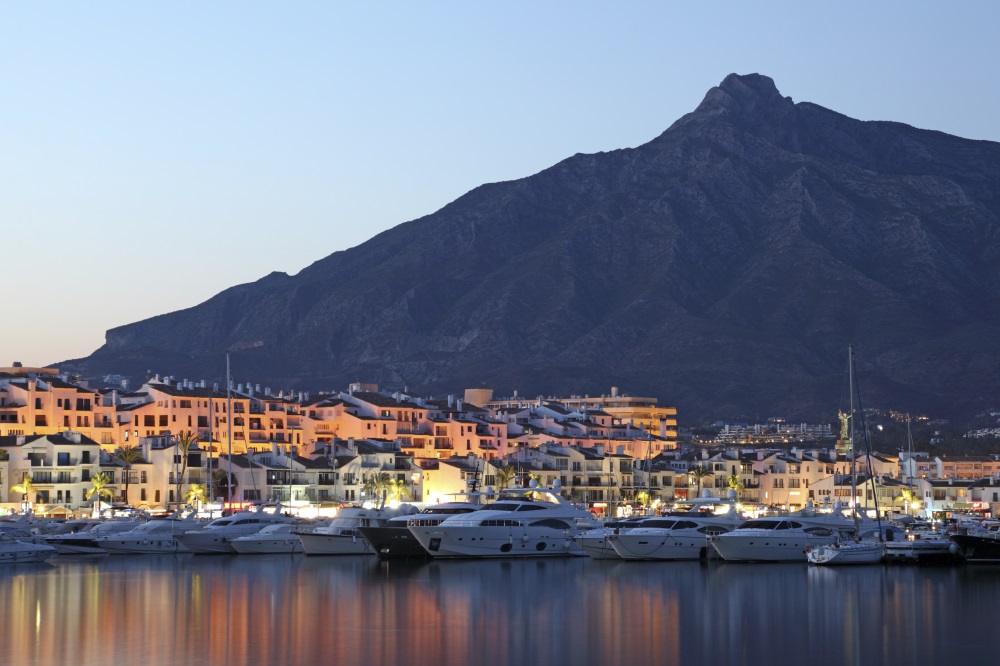
10. Seaside chic
“Marbella covers a 117km square area of land between Málaga and the Strait of Gibraltar and features a wide variety of places to live.
With its designer shopping, nightclubs, restaurants and Casino, Puerto Banus is ideal for those seeking a lively atmosphere in a place that sees 300 days of sunshine a year. Yet, it’s not exactly quiet and sees a high influx of visitors.
Those seeking a calmer way of life should choose from residences on the beach and in the hills of the Sierra Blanca or the various properties located close to golf courses, tennis clubs and marinas.
Buying a property anywhere can be a complex legal transaction and it’s important to use a good lawyer with local expertise. In addition to a considerable amount of paperwork, there are a number of taxes that need to be accounted for, some of which are only finalised after completion of the sale.
If you are planning to educate your children in Marbella, you need to consider schools. There are Spanish state schools, Spanish private schools and international schools which require accreditation from the Andalusian authorities in order to operate. Nurseries are also available although it is important to register in good time to gain a place at one of the best.
There are a number of taxes that need to be paid by residents of second homes. These can include the Community Charge, Property Income Tax, the IBI Tax which is a little like the British Council Tax and Wealth Tax on any assets held in Spain. New residents should check the details of all taxation requirements with a Spanish fiscal advisor.
Planning permission is something that needs to be checked carefully by a lawyer, both in terms of planning permission on the house that you intend to purchase and also the potential likelihood of receiving planning permission on any modifications you may want to carry out in the future. Permission for minor works can be granted locally at the Town Hall, but in many cases it also needs to be verified by the Andalusian local government.
Checking out these details carefully and speaking to both a local lawyer and fiscal advisor, as well as utilising the knowledge and experience of your Fine & Country Marbella Luxury Real Estate Agent, should make your new life in Marbella an enjoyable and exciting experience.”


11. La Dolce Vita
“First time buyers should use a professional agent who is local, but is familiar with international buyers. In Italy, there is only one agent representing both the seller and the buyers, so this makes the transition period easier. It often results in a fair deal for both sides, too.
Buyers should always speak to an international tax adviser, who will help them purchase a property in the most convenient way.
First-time buyers should avoid properties that need too much renovation work. If you plan to buy in Italy and want to rent the property all year round, a two-bedroom apartment either in Florence, Lucca or Rome is the best investment you can make.”


12. French fancies
“Finding your ideal home in France can be a pleasure, especially if you take the time to plan carefully.
Write down those elements which are a ‘must have’ and which things you are prepared to compromise on.
Do you really need that fourth bedroom or tenth hectare? Establish what really matters when searching for your French property dream.”
Head of Sales, Tracey Hudson of Leggett Immobilier (www.frenchestateagents.com)

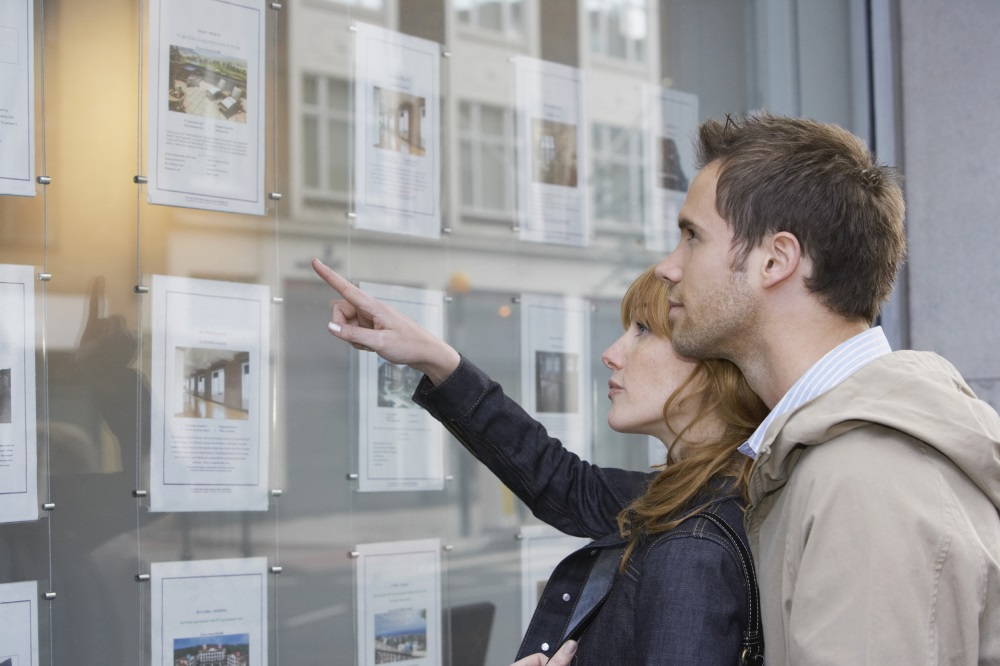
13. Think quality not quantity
“Plan, plan, plan. Location, location, location. First-time buyers in France need to define their goals for their purchase.
They should consider the size of the house, running costs, size of garden, style of property, and precise location.
Then communicate with your agent as often as possible. Think quality not quantity when viewing.”

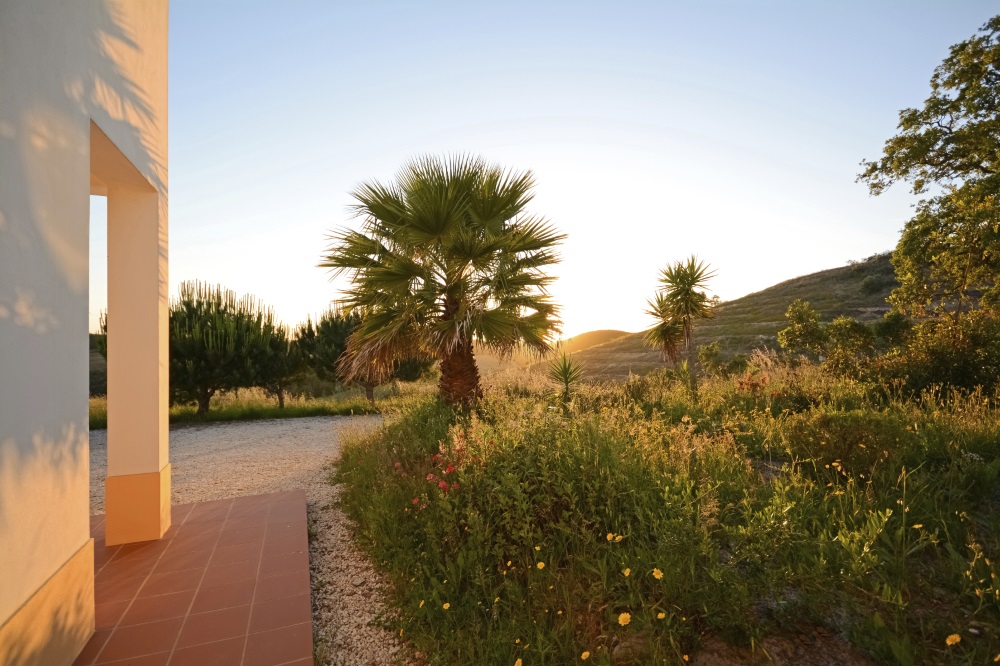
14.Home truths
"We're predicting great things for the overseas property market in 2016, with Spain and Portugal, the US and Cyprus all appealing in unique ways to buyers from the UK. We would always advise buyers to be cautious though, particularly if they haven't bought overseas before. It's important to do your homework and buy through a trusted and reputable company.
Investigate on the internet: research potential areas thoroughly, rather than individual properties. Find out about local amenities, from beaches to restaurants, based on your priorities. Think about how those priorities may change in the future as well - a holiday home bought this year could serve as a retirement pad later on, so what facilities would you want on hand then? Don't fall in love with a particular property until you know the location is right for you!
Use an agent with form: opt for an organisation with a good track record. Make sure they have been in business for some time and have a long list of satisfied customers happy to speak about their experiences.
Budget carefully: buying overseas isn't just about the property price. Be aware of the buying costs like fees and local taxes. These can vary hugely from country to country, so do your research and budget accordingly.
Plan a trip: once you've identified the places you like on the internet, hop on a plane and check them out for yourself. You will quickly be able to get a feel for whether or not a place is right for you and a few hundred pounds invested at this stage can serve extremely well when it comes to finding the perfect location for your new home overseas.
Know what you want before you visit: think about how many bedrooms you need, whether proximity to the beach or a local golf course is important to you, whether you simply must have your own pool and whether the local supermarket can be reached on foot or by car. Whatever your preferences, have them firmly fixed in mind before you visit - and be sure that your agent understands them too. This will ensure that he/she is able to show you properties that perfectly suit your requirements and avoid wasting time spent touring unsuitable homes.
Think about the journey: work out the journey from your current home to the area in which you plan to purchase. What are the flight times and costs like? Is there just one airline that flies into the local airport or several? Can you hire a car easily upon arrival if you need to? These factors will impact on how relaxed you are by the time you arrive at your overseas property each and every time you visit, so think the journey through in detail.
Find a reputable lawyer: this is one of the most important elements of buying a second home overseas. A good agent should be able to recommend a reputable lawyer, or you can do your own research on the internet and by speaking to others who have bought property in the area. Chat on the phone with the lawyer and meet him or her when you visit - test their knowledge and be sure to choose someone you are comfortable with.
Think about money matters: once you've bought your property, you will need to get money out to that country regularly in order to pay bills, take care of maintenance issues and so forth. Look at what you need to do to set up a local bank account and plan to do this as early as possible in the process. Bear in mind that many overseas banks also have a branch in London, where you can take care of some of the initial paperwork should you need to do so.
Remember the insurance: before you commit to purchasing a property, check that it is insurable and at a reasonable rate. If the area that you like the look of is prone to flooding or sink holes then it might be time to look elsewhere.
Ask about hidden requirements: speak to your agent and conduct your own research online to ensure that you know everything you need to. In Portugal, for example, you need a fiscal number in order to purchase a property. You can get one quickly and easily from the local Finanças department for a small fee - or you can appoint a lawyer to take care of this on your behalf.
Consider other significant expenses: what other expenses might your property purchase give rise to? One of the most commonly overlooked items is the need for a car, so think about whether you can access your new home on public transport, whether you will pay for a hire car each time or whether you would prefer to purchase a car of your own overseas.
Is the property just for you? If you plan to rent your property out as well as using it yourself then be sure that it appeals to a wide range of holidaymakers. Neutral décor and access to a pool can make a big difference to the number of people choosing your holiday home over another one.
Speak to the experts: join some online forums and Facebook groups and chat to those who have already purchased in the area you like. Even better, find people who have moved full-time and benefit from their experiences of local life.
Know the market: understand price trends in the country and region you like, in order to know whether or not your expectations are realistic based on your budget. Knowledge of local prices will also help you to gauge whether you are paying over the odds or picking up a real bargain.
Think about maintenance - unless you are planning a permanent move, you will need to consider how best to maintain your property from afar. An isolated villa might be your dream holiday home, but an apartment on a managed condominium might present far fewer headaches in terms of regular maintenance, particularly if you plan to rent it out, as well as use it yourself.
Use an agent who does it all: find an agent you trust and who can offer you the whole package. They will be able to support you with every step of the process, from finding a reputable lawyer to arranging an inspection trip. This can often be by far the quickest and cheapest approach - and also the least hassle.”


15. And finally…a case study from Berlin
"Buying abroad for the first time in a different language and legal system was not as daunting as I expected. The first thing I would say is have a clear understanding of why you are buying (i.e. investment, full-time residency or holiday use). Then be clear with yourself about what you are wanting back in return (a regular income, capital growth, a lifestyle change or a combination of them?).
Discuss the kinds of properties you are looking for with your agents. For instance, you may find the highest investment yields in unfashionable locations and areas you would not necessarily choose to live.
I specifically chose to buy in Berlin as it is a city I love and wanted to have a more permanent base. But I had a limited budget to spend and wanted the property to cover its costs by being rented out. Therefore, I went for a new-build apartment (guaranteed build quality and low on-going maintenance costs) in a slightly more suburban area. It still had good transport links to the city centre and universities, so it would appeal to contract workers or students as potential renters. This gives the right balance between affordability, capital growth and some short-term income generation potential."

Stuart was the Telegraph's Property Editor for five years, where he transformed their online platforms. Now he is an editor, writer and digital strategist for Everything Overseas. He specialises in places, prices and properties in the world of real estate. He is also a director of Everything Overseas, overseeing the direction of the channel.
More articles by Stuart Penney | View all our authors
Or you can read more about your chosen country:
